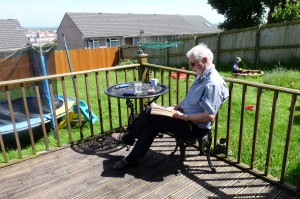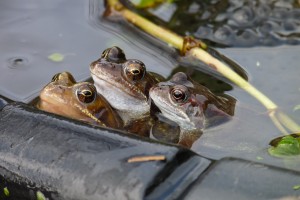When you start to take writing seriously, you find the world is quite suddenly full of talented, seemingly prolific writers for every type of reader, from small babies cuddled up with an adult, on through adventure-seeking children, tormented teenagers, through all the ages and stages of adulthood to those refusing to give in to old age, wearing purple, and red hats that don’t suit them.
quite suddenly full of talented, seemingly prolific writers for every type of reader, from small babies cuddled up with an adult, on through adventure-seeking children, tormented teenagers, through all the ages and stages of adulthood to those refusing to give in to old age, wearing purple, and red hats that don’t suit them.
Not only that, there doesn’t seem to be much of a chance to get in on the action, does there, short of elbowing these writers out of the way with either a Costa Prize or other Work of Literary Standing? We know, don’t we, that there aren’t many among us capable of that.
Right, how are we going to do this, you and I?
 Our first plan is to identify our readers.
Our first plan is to identify our readers.
In an article in Writing Magazine (January 2015) James McCreet, author and MA novel lecturer, has many words of wisdom for us. He’s talking specifically about creating novels, but I reckon his advice is good for every one of us.
-
‘Novel writing……should begin with the reader. What effect do you want to have on the reader? What moves the reader?’
-
‘How does the reader recognise that this passage is moving/shocking/funny?’
-
‘What has the reader already read and what might he be expecting next?’
-
‘Every word and sentence must be prepared with the reader in mind.’
-
‘Many students don’t write for the reader.’
Sometimes we write in different styles and for different genres, so our reader isn’t always going to be the same person. But he or she needs to be imagined every time if we are to be successful.
Let’s go for it!
Meet my readers.

